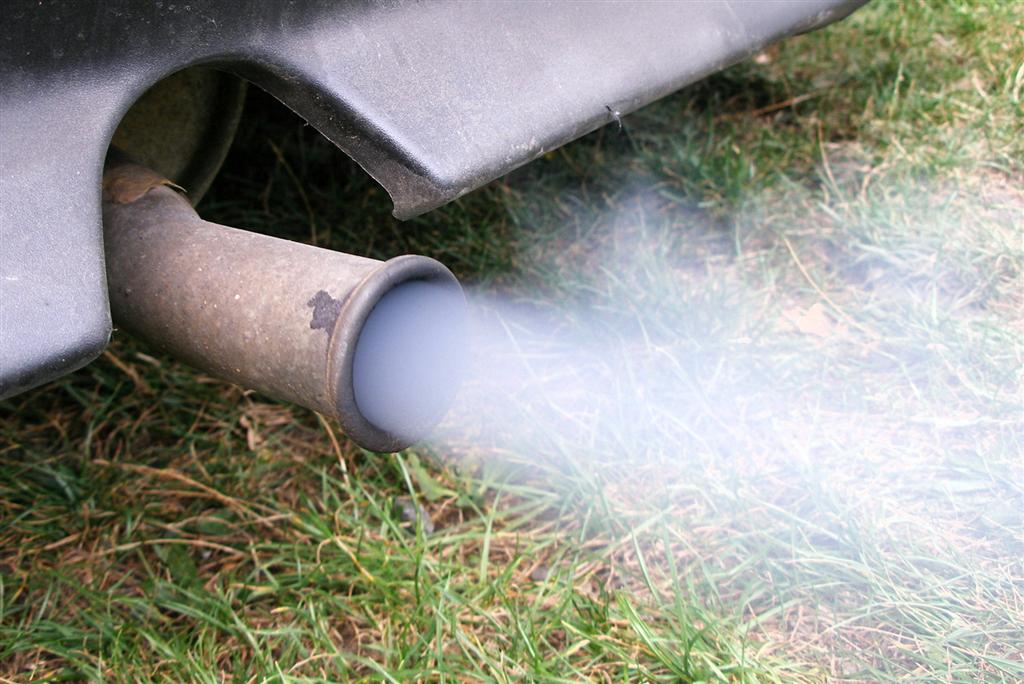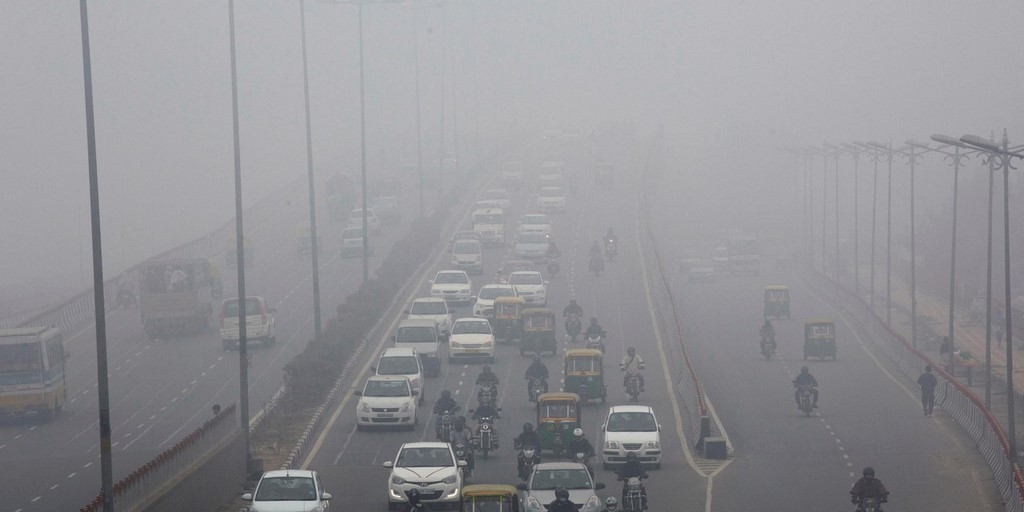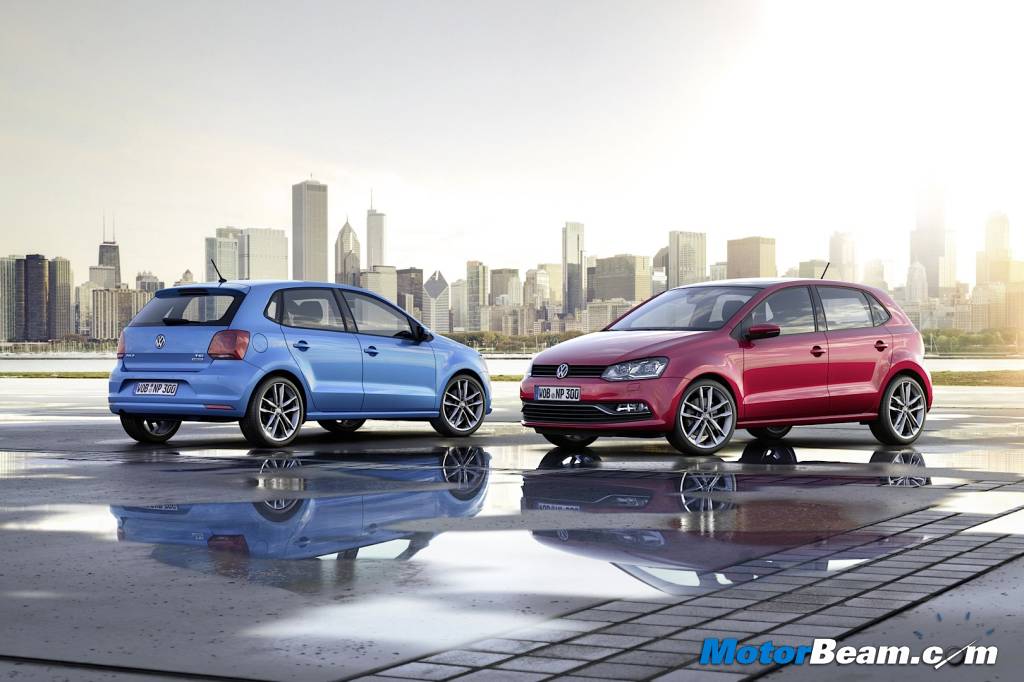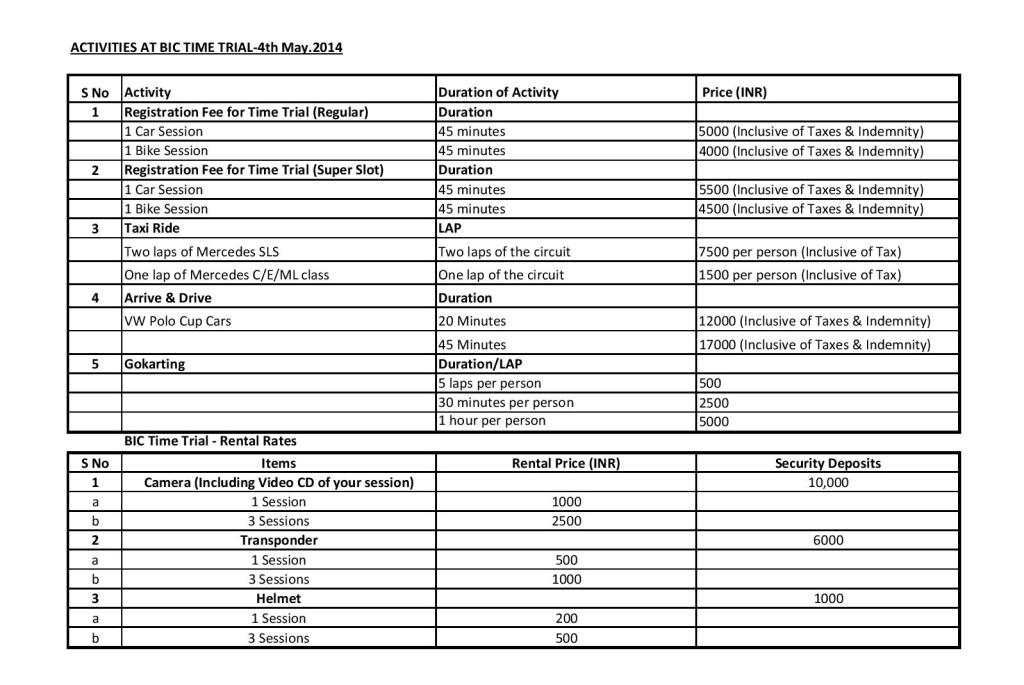SIAM argues that diesel contributes lower CO2 emissions compared to other fossil fuels and has a marginal impact on air quality compared on a larger perspective.

Delhi’s alarming pollution levels are a major concern for the citizen and some dramatic measures need to be taken in order to contain the increasingly dangerous situation that will only worsen in the days to come. While residents of the capital were still debating about the odd-even formula and its implications, the National Green Tribunal (NGT) pulled in quite the shocker by banning registration of diesel cars in the city. SIAM has expressed a disagreement on the matter with the views of the NGT.
Representing the auto industry, SIAM has shown its reservations regarding the orders passed by the NGT to stop registration of diesel vehicles in Delhi. SIAM argues that the order is not based on scientific facts or study. The Delhi government has commissioned a source apportionment study with IIT Kanpur and the governing body stated that NGT should’ve waited for the results before coming to a conclusion. Moreover, media reports suggest that only 2.5 percent of PM 2.5 pollution is accounted by both petrol and diesel cars.
As a result, curbing vehicular emissions is solving a negligible amount of problem from the larger scenario. SIAM also states that the new cars sold in Delhi are BSIV (Euro 4) compliant and meet the international emission norms and do not have a severe effect on the air quality of the capital. In addition, BSIV compliant vehicles meet the government of India regulations on vehicular emissions making them legally abiding to be sold.
Another significant point that SIAM raised was that diesel vehicles are highly fuel efficient and has up to 25-30 percent lower CO2 emissions, which is a global warming gas. With the need to reduce carbon footprint globally, moving only to petrol vehicles will only increase the burden on the environment as there will be a surge in CO2 emissions thereby contributing to the depreciating environment. From a business point of view, the decision will affect long term investments, road maps and other technical and regulatory issues. A short-sighted decision could derail the automotive industry at a large due to the impact, stated SIAM.
With the industry moving towards BS V emission norms by 2019, the vehicles will see more advanced next generation diesel technologies for lower carbon footprint and higher fuel economy. This will also help reduce the CO2 emissions in the transport economy that majorly runs on diesel vehicles. If the NGT does not reconsider its decision, SIAM believes the entire plan will fall into jeopardy while serving little purpose to improve the overall air quality.





